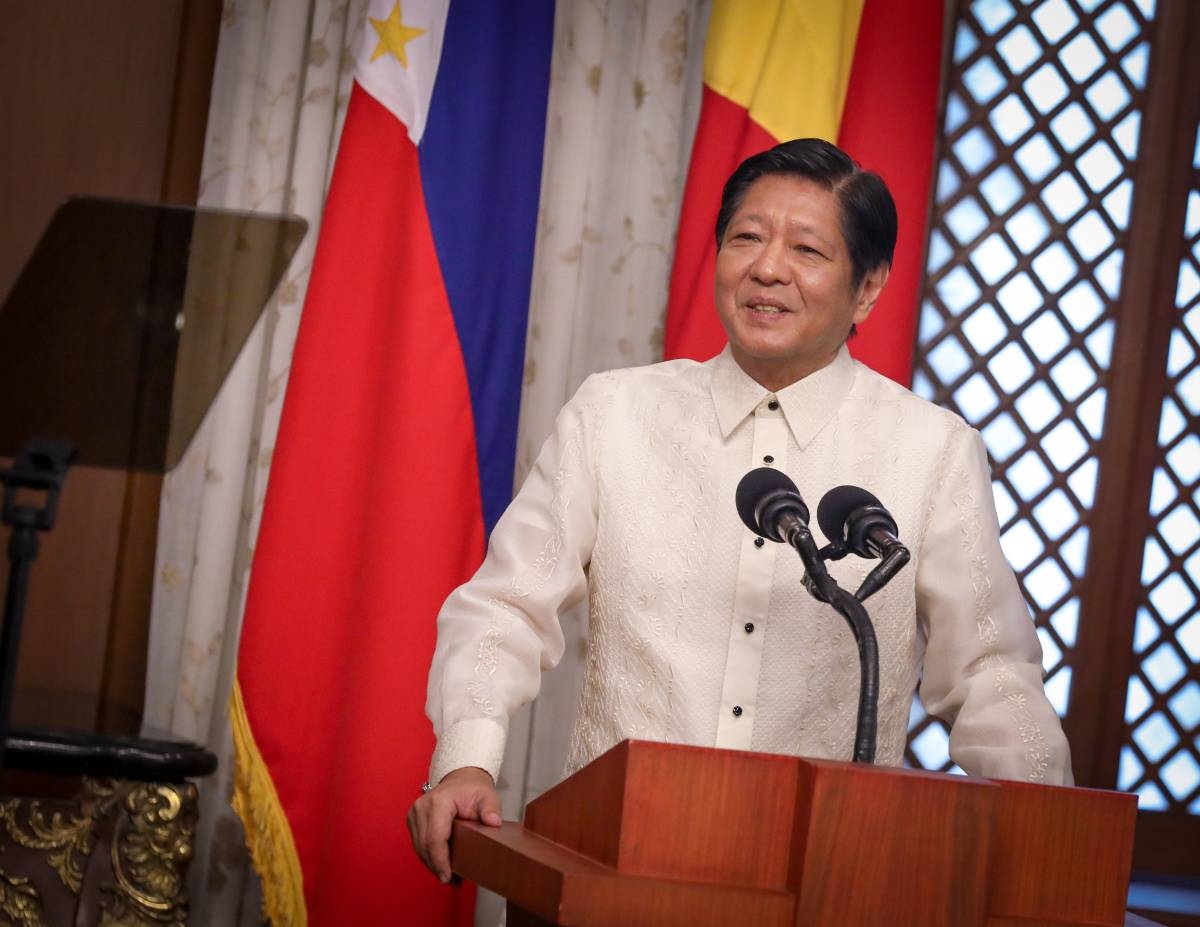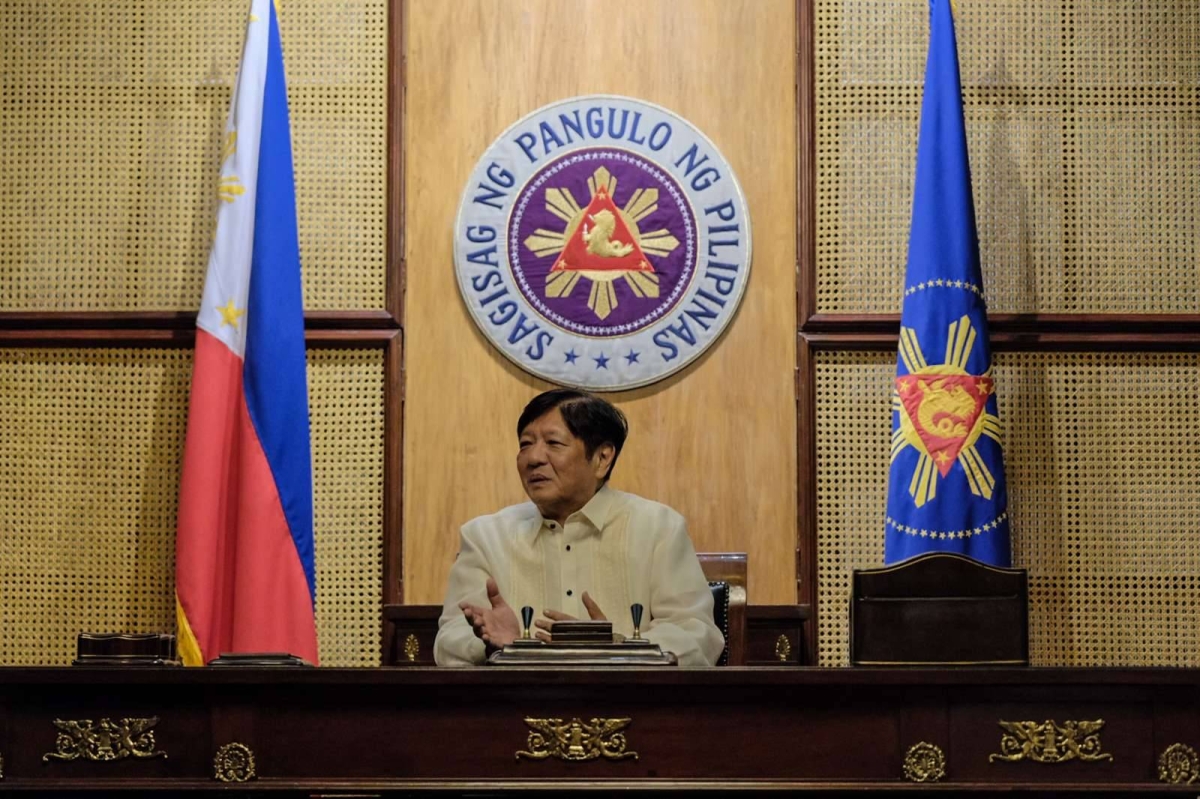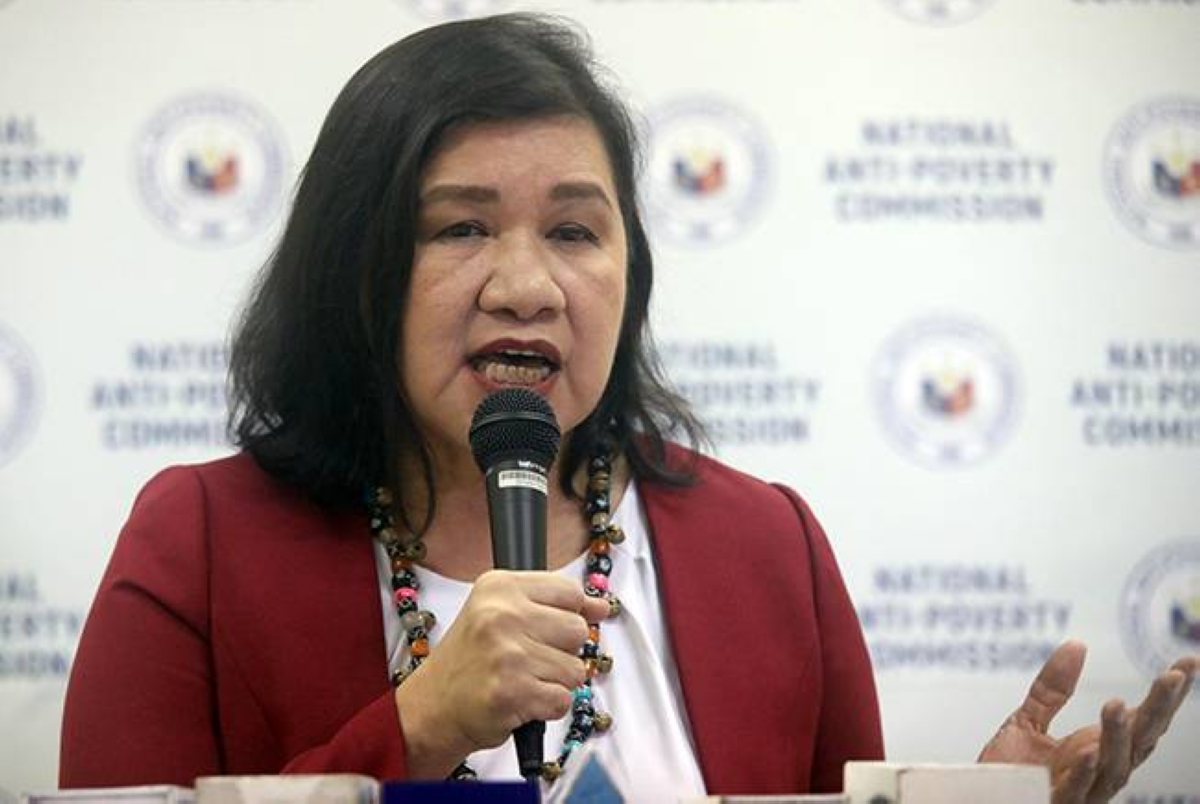In a move to modernize tax administration and strengthen taxpayer rights, President Ferdinand Marcos Jr. of the Philippines has signed into law Republic Act 11976, also known as the “Ease of Paying Taxes Act.” This legislation, enacted on January 5, aims to enhance the efficiency of tax collection and contribute to the government’s 8-Point Socioeconomic Agenda.
The “Ease of Paying Taxes Act” is a significant step towards achieving the government’s goals of economic and social development. By implementing this law, the administration aims to improve revenue collection and create a more favorable environment for businesses and individuals alike.
One of the key features of this new law is the classification of taxpayers into different categories based on their size. This classification includes micro, small, medium, and large taxpayers. By categorizing taxpayers, the government can tailor its policies and support to meet the specific needs of each group. This approach ensures that the tax burden is distributed fairly and proportionately across different sectors of the economy.
Additionally, the “Ease of Paying Taxes Act” introduces the option for taxpayers to file their returns and make tax payments electronically or manually. This flexibility allows individuals and businesses to choose the method that best suits their preferences and capabilities. Taxpayers can now submit their returns either to the Bureau of Internal Revenue or through any authorized agent bank or authorized tax software provider. This streamlined process simplifies tax compliance and reduces the administrative burden for taxpayers.
Furthermore, the new law grants taxpayers the option to pay their internal revenue taxes to the city or municipal treasurer. This provision offers convenience and accessibility to taxpayers, allowing them to settle their tax obligations at a local level. By decentralizing the tax payment process, the government aims to enhance efficiency and promote a more localized approach to tax administration.
Another notable change brought about by the “Ease of Paying Taxes Act” is the elimination of the distinction between documentation and basis of sales of goods and services. This simplification aims to reduce confusion and streamline the reporting process for businesses. By removing this distinction, the government seeks to create a more transparent and straightforward system for tax compliance.
Additionally, the law introduces a classification system for value-added tax (VAT) refund claims, categorizing them into low, medium, and high-risk. This classification allows for a more targeted approach to the processing of VAT refund claims, ensuring that resources are allocated efficiently and effectively. By managing the risk associated with VAT refund claims, the government can safeguard against potential fraud and abuse, while also providing timely refunds to eligible taxpayers.
The implementation of the “Ease of Paying Taxes Act” marks a significant milestone in the Philippines’ efforts to enhance tax administration and empower taxpayers. This legislation not only modernizes the tax system but also strengthens taxpayer rights, promoting fairness and transparency in the collection and management of taxes.
By streamlining tax processes, providing flexibility in payment options, and simplifying reporting requirements, the government aims to create an environment that encourages compliance and supports economic growth. The “Ease of Paying Taxes Act” is a testament to the administration’s commitment to improving the ease of doing business in the Philippines and fostering a favorable investment climate.
As the Philippines embraces this new tax law, it sets a precedent for other countries to explore similar measures that prioritize efficiency, transparency, and taxpayer empowerment. By learning from the experiences and successes of the Philippines, governments worldwide can enhance their tax systems and create an environment that fosters economic development and prosperity for all.
Source: The Manila Times





